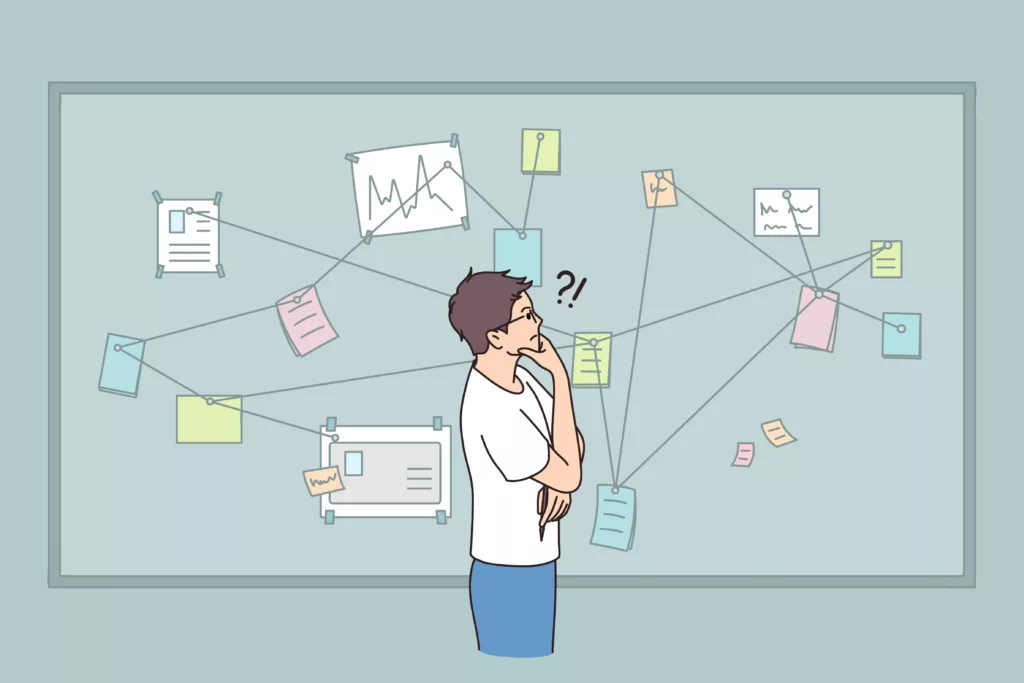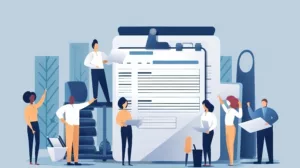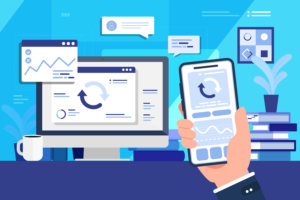Reflective practice in teaching is instrumental in deepening students’ understanding of subject matter. This involves students analyzing, questioning, and critically thinking about the knowledge and concepts they’ve absorbed. Beyond the cognitive exercise, reflection also aids in memory consolidation, a crucial process for long-term knowledge retention. It allows students to reiterate and integrate newly learned information, ensuring that the knowledge gained is not merely ephemeral but lasting.
The benefits of reflective learning extend to the development of self-awareness and continuous learning. Reflection serves as a mirror for students, enabling them to understand their learning styles, strengths, and weaknesses. It helps them identify gaps in their knowledge and understanding, encouraging them to fill these voids. This process fosters a continuous learning mindset, motivating students to remain curious, seek more knowledge, and actively engage in the learning process.
So what types of reflective learning could we use to take advantage of this power type learning? Let’s take a look.
Types of Reflective Learning
Reflective learning can be categorized into various types based on different factors, such as the timing of reflection, level of guidance, or the reflective model used. Here are some of the common types:
- Individual Reflection: This involves students reflecting on their own about what they’ve learned and how they’ve learned it. It is typically personal and subjective.
Individual reflection supports independent thought and personal growth. It allows learners to introspect, understand their personal learning styles, identify areas of improvement, and develop strategies for growth. This method is particularly useful for introverted students or those who prefer solitary thinking. - Guided Reflection: Guided reflection involves an instructor or mentor leading the reflection process. They may pose questions, suggest topics for reflection, or provide a structured framework to guide students.
This approach caters to students who may need more support or structure in their reflection process. The guidance from an instructor can help students focus their reflection, prompt deeper thinking, and ensure they fully understand the reflective process. This is beneficial for younger students, beginners in reflective practice, or those struggling with the concept of reflection. - Independent Reflection: In contrast to guided reflection, independent reflection requires students to control their own reflective process. They choose what to reflect on and how to do it, promoting self-directed learning.
For students who are self-directed and prefer autonomy in their learning, independent reflection is a great fit. It allows them the freedom to choose what to reflect upon and how to approach it. This type of reflection fosters critical thinking, decision-making skills, and independence in learning. - In-action Reflection: This refers to reflecting while an activity is ongoing. It allows students to make immediate adjustments to their strategies or actions based on their reflections.
This type of reflection is beneficial for practical, hands-on tasks, or fast-paced learning environments. It allows students to make immediate adjustments and improvements to their actions, enhancing their adaptability and problem-solving skills in real-time situations. - On-action Reflection: This type of reflection occurs after an activity or event has taken place. It gives students the opportunity to review the entire process and outcomes, and plan for future improvement.
On-action reflection provides students the opportunity to pause, look back, and evaluate their learning process and outcomes. This is particularly beneficial for complex tasks or projects, where post-event analysis can reveal insights for future improvement. - Critical Reflection: A deeper form of reflection, critical reflection involves questioning assumptions, beliefs, and contexts. It encourages students to consider broader social, cultural, and political influences on their learning and practice.
This type of reflection encourages students to think beyond the surface level and question the status quo. By examining assumptions, beliefs, and contexts, students can develop a deeper understanding of the subject and its broader implications. This is especially useful for advanced learners or students in fields like sociology, philosophy, or politics, where critical thinking is key. - Reflective Writing/Journaling: Here, students write about their experiences, thoughts, and feelings related to their learning. Reflective writing promotes deep thinking, self-expression, and the ability to articulate learning experiences.
Reflective writing is a powerful tool for self-expression and articulation of thoughts. It supports students who learn better through writing or those who might struggle with verbal communication. By articulating their thoughts in writing, students can enhance their written communication skills, and develop a tangible record of their learning journey.
Different models of reflective learning, such as Gibbs’ Reflective Cycle, Schön’s Model of Reflection, or Kolb’s Experiential Learning Cycle, offer various approaches to these types of reflection. Choosing the appropriate type or model depends on the learning context, objectives, and individual student needs.
Conclusion
Research suggests that reflection in a respectful, collaborative environment can greatly enhance learning outcomes for all types of learners. True learning necessitates reflection, and without it, the learning process can be compromised. It’s crucial to ensure learners have the opportunity to reflect on what they’ve learnt, enhancing their problem-solving abilities, creativity, social interactions, and personal growth.
Stackle is a tool designed to facilitate reflective practice in all the areas spoken about above. It includes learning journal features with integrated reflective questions, encouraging students to take charge of their learning process. Through Stackle, students can develop their knowledge and skills, thereby enhancing their overall learning experience. For more information, visit https://stacklehq.com/.



